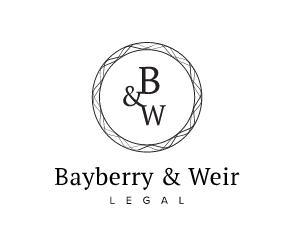The Client
Our client was purchasing a rental property which was home to a restaurant he loved. He had spoken with the owner of the restaurant and learned that they continued to struggle financially after Covid-19, and he wanted to ease their struggles as their landlord.
The Challenge
Prior to settlement an update on the property’s tenancy revealed that the tenant was in significant rental arrears. When you purchase a property, at settlement, the property is supposed to be clear of debts.
Pursuant to a special condition in the Contract of Sale, which our client had signed before engaging us, the vendor wanted to retain the tenant’s security deposit to pay for the rental arrears. This would mean our client would take on the property with no security deposit from the tenant. They would be left to chase them for a new security deposit, costing time and money.
Additionally, the vendor also suggested that they could adjust at settlement in their favour for the rental arrears – receiving the owed arrears from both the security deposit and the settlement adjustments, leaving our client with no security deposit and owed rent.
The Solution
We brought to the vendor’s attention that if they were to retain the tenant’s security deposit and adjust in their favour for rental arrears, they would be double dipping and leaving our client short changed. Then we negotiated with the vendor’s solicitor so at settlement the arrears were rectified only by adjustments made in favour of the vendor.
We also made sure that all necessary default notices had already been served on the tenant, to put our client in the best starting position possible should they decide to move to evict the tenant after settlement.
The Win
Settlement was able to go ahead with the Vendor receiving the rental arrears owed to them via adjustments. Our client did not forfeit any of their security deposit in order to make up for the tenant’s rental arrears.
Because the notices of default were current, our client was in a secure position from which he could evict the tenant or come to some other arrangement if he wanted to.
The Lessons
- Make sure you engage an experienced conveyancer who is switched on and focused on your matter – it’s their job to protect you in negotiations with the other party and ensure you put your best foot forward.
- It’s a good idea to engage a conveyancer with a strong relationship with a property lawyer, or who is part of a legal team like ours, especially when dealing with investment or purchasing a rental property like our client – sometimes the scope of your conveyance may move outside of the territory anticipated, and more specialised advice might be needed.

